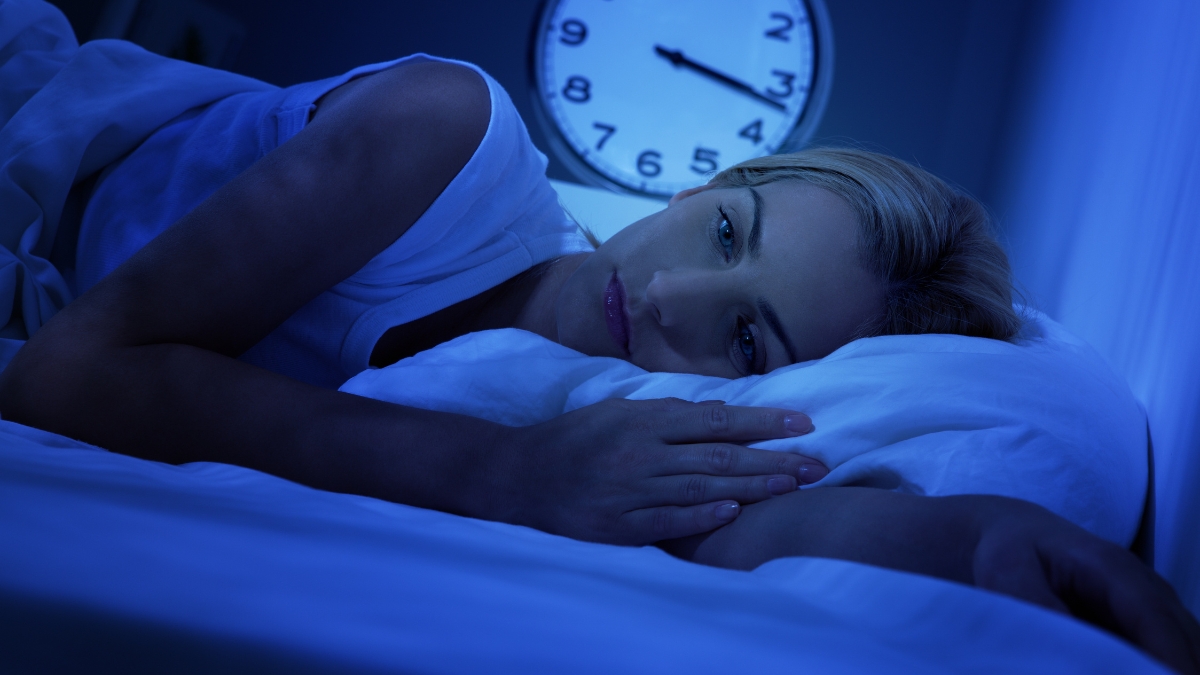Deep sleep hypnosis for insomnia: Insomnia affects millions of people worldwide and can significantly impact our overall well-being. The constant struggle to fall asleep or stay asleep can have a profound effect on our daily lives, leaving us feeling groggy, irritable, and unable to function at our best.
Also Read: Sleep Hypnosis Anxiety and Depression
However, there is a natural and effective method that many individuals have found success with: deep sleep hypnosis. In this blog post, we will delve into the concept of deep sleep hypnosis and explore its potential benefits for those suffering from insomnia in the United States.
Deep Sleep Hypnosis for Insomnia
Deep sleep hypnosis for insomnia involves relaxing your body and mind through techniques such as progressive muscle relaxation, deep breathing, visualization, and affirmations. You can also use guided imagery and positive suggestions to promote deep, restful sleep.
It is important to create a peaceful sleep environment and practice good sleep hygiene habits. Remember that deep sleep hypnosis may take time to be effective, and consulting a healthcare professional is recommended if insomnia persists.
Understanding Insomnia

Insomnia is a common sleep disorder that affects a significant portion of the population in the United States. It can be categorized into acute (short-term) and chronic (long-term) types. Various factors contribute to insomnia, including stress, anxiety, medical conditions, and poor sleep habits.
What is Deep Sleep Hypnosis?
Deep sleep hypnosis is a technique that induces a state of relaxation and calmness. This process involves guided imagery, positive suggestions, and focused attention. By harnessing the power of the subconscious mind, deep sleep hypnosis aims to reprogram negative thought patterns and provide a pathway to achieve a deep, restful sleep.
Benefits of Deep Sleep Hypnosis for Insomnia
- Reducing anxiety and stress levels: Deep sleep hypnosis helps calm the mind, alleviating the worries and anxieties that may contribute to sleeplessness.
- Easing racing thoughts and quieting the mind: Through guided imagery and focused attention, deep sleep hypnosis can help quiet the mind and create a peaceful mental state.
- Promoting physical and mental relaxation: Deep sleep hypnosis relaxes the body, releases tension, and encourages a state of deep relaxation and calmness.
- Enhancing sleep quality and duration: By facilitating a deep state of relaxation, deep sleep hypnosis improves the overall quality and duration of sleep, leading to a more refreshed awakening.
The Process of Deep Sleep Hypnosis
Finding a qualified practitioner or utilizing self-hypnosis techniques:
To experience the benefits of deep sleep hypnosis, you can seek the guidance of a qualified hypnotherapist or learn self-hypnosis techniques through books, online resources, or mobile applications.
Preparing the mind and body for a deep sleep session:
Before starting a deep sleep hypnosis session, it is essential to create a calm and comfortable sleep environment, engage in relaxation techniques, and clear the mind of distractions.
Exploring common hypnosis techniques used for insomnia treatment:
Some commonly used deep sleep hypnosis techniques include progressive muscle relaxation, breathing exercises, visualization, and positive affirmations.
Establishing a regular routine for maximum effectiveness
To achieve optimal results, consistency is key. Having a regular sleep routine that incorporates deep sleep hypnosis can help promote long-term benefits for insomnia.
Tips for Incorporating Deep Sleep Hypnosis in Your Daily Routine
- Creating a calm and conducive sleep environment: Eliminate distractions, ensure comfortable bedding, and maintain an ideal temperature and lighting in your sleep environment.
- Practicing relaxation techniques before bedtime: Engage in activities like reading, taking a warm bath, or practicing mindfulness meditation to relax your mind and body before sleep.
- Listening to pre-recorded deep sleep hypnosis audios: Use pre-recorded audios specifically designed for deep sleep hypnosis to guide you into a state of relaxation.
- Tracking and monitoring your sleep patterns and progress: Keep a sleep journal to monitor improvements in your sleep patterns, note any changes in sleep quality, and track the effectiveness of deep sleep hypnosis.
Conclusion
Deep sleep hypnosis for insomnia: Deep sleep hypnosis offers a promising and drug-free solution for individuals struggling with insomnia in the United States. By understanding the causes of insomnia and the benefits of deep sleep hypnosis, we can take steps towards achieving a restful and refreshing night’s sleep. Whether you choose to work with a qualified hypnotherapist or practice self-hypnosis techniques, the key is to be consistent and patient in your approach. Remember, the path to better sleep starts with a calm and relaxed mind.
We appreciate your time in reading deep sleep hypnosis for insomnia. If you have any questions or concerns, please don’t hesitate to reach out to us through our contact form. We are always here to assist you and value your feedback. Thank you once again for your support, and we eagerly await your response.
